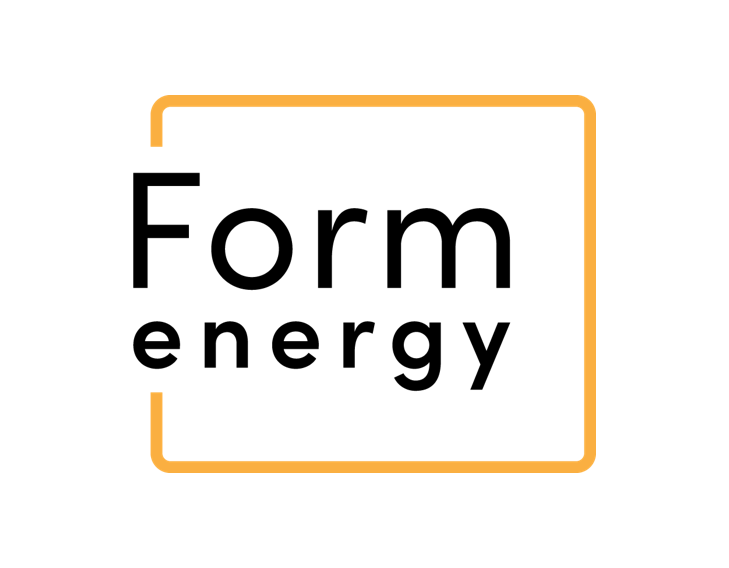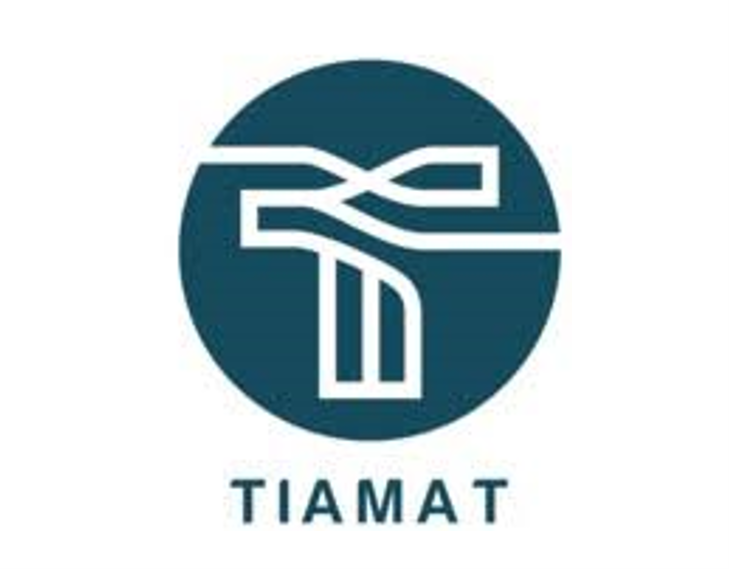123Fab #95
1 topic, 2 key figures, 3 startups to draw inspiration from

Generating renewable power is vital to the world’s decarbonization efforts. But so too will be developing the energy storage systems that are required at times when the intermittency of solar and wind power prevents energy production. According to the International Energy Agency (IEA)’s Net Zero scenario, installed grid-scale battery storage capacity expands 44-fold between 2021 and 2030 to 680 GW.
Amongst the various stationary battery energy systems, lithium-ion batteries have been stealing the spotlight in recent few years due to their success in e-mobility. While they account for 90% of battery applications, even lithium iron phosphate, the most competitive type of lithium-ion battery, is beginning to look economically uncompetitive compared to emerging, alternative solutions. Last week’s announcement by BASF Stationary Energy Storage GmbH (wholly owned subsidiary of BASF SE) and G-Philos (Korea’s leader in power-to-gas technology) to intensify their cooperation on sodium-sulfur (NAS) stationary batteries is an example of this.
But what are the other alternatives in the space?
A number of companies are working on new battery chemistries based on zinc, iron and other low-cost materials. Fundraising in the startup ecosystem is a strong signal:
- Form Energy (United States) raised $450M in October 2022 and has developed an iron-air battery
- H2 (South Korea) raised $15M in October 2021 and has developed a vandium redox flox battery
- EnerVenue (United States) raised $137M in September 2021 and has developed a nickel-hydrogen battery
- Ambri (United States) raised $144M in August 2021 and has developed a high-temperature calcium-antimony battery
- Sila NanoTechnologies (United States) raised $600M in January 2021 and has developed a silicon battery
- Tiamat (France) raised $4.2M in October 2018 and has developed a sodium-ion battery
Researchers are also exploring other chemistries such as aluminium-ion batteries (paper) and potassium-ion batteries (paper). Indeed, aluminium is one of the most abundant materials on earth (reducing the cost) and has demonstrated great potential for high energy density systems. Although at a more embryonic stage, the significant advantage of potassium is also its abundance.
Many of these batteries already rival lithium-ion in capabilities but are lagging in capital investiture and manufacturing infrastructure, playing catch-up with an already established sector of the industry. Thus, the European Commission has notably launched the NAIADES (sodium-ion batteries), SOLSTICE (sodium-zinc batteries) and CARBAT (calcium-ion batteries) projects to help fund the research in these spaces. Live installations are also visible. France-based startup Tiamat, developer of a sodium-ion battery, has joined forces with Plastic Omnium in the automotive industry and with Startec to extend applications to other hybrid industries such as rail and aerospace. While Schlumberger has invested and signed a collaboration agreement with EnerVenue, developer of a nickel-hydrogen battery.
In short, lithium-ion batteries will continue to dominate battery technology for stationary energy storage in the short term, driven by the EV sector. But in the long term, alternatives to lithium-ion are set to play an increasingly important role in stationary energy battery storage systems.
2 Key Figures
The stationary battery market is projected to reach $224.3 bn by 2030
The market was valued at $31.2 bn in 2021 and is projected to reach $224.3 bn by 2030, at a CAGR of 24.9%
>30 funded companies
Tracxn
3 startups to draw inspiration from

Form Energy
US-based startup founded in 2009 that has developed an iron-air energy storage system for renewable energy storage. Claims to store energy at less than 1/10th the cost of lithium-ion battery technology.

H2
South Korea-based startup founded in 2010 that has developed a vandium redox flox battery. This month the startup begun construction of a factory with 330MWh annual manufacturing capacity in the city of Gyeryong-si, one year after the 20MWh project in California.

Tiamat
France-based startup founded in 2017 that has developed a sodium-ion battery. Partnerships include Plastic Omnium and Startec.
Interested in a startup landscape or in an insights report?
Please fill out our contact form so that we can get back to you very quickly with our product offer.
Want to subscribe to our 123Fab?
Fill out our form to receive the latest insights into your inbox.
